Are you feeling bloated, constipated, and sluggish?
It might be time for a detox diet.
Detox diets have been gaining popularity in recent years as a way to cleanse the body of toxins and improve overall health.
In This Article, We’ll Be Discussing:
What is a Detox Diet?
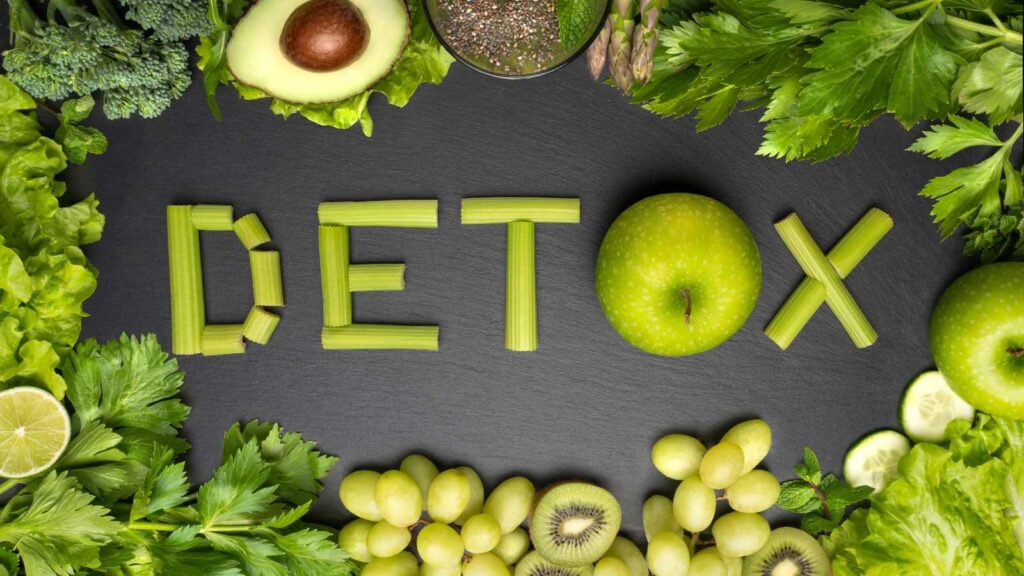
A detox diet, also known as a cleanse or detoxification diet, is a short-term dietary regimen aimed at eliminating toxins from the body and promoting overall health and well-being.
The intention behind a detox diet is to remove harmful substances from the body that may have accumulated through poor dietary habits, environmental pollutants, or other sources.
Detox Diet for Weight Loss:
This diet involves eliminating certain foods and drinks from your normal diet for a period of time, typically 3-7 days.
The idea behind the diet is to eliminate processed foods, sugar, and other toxins from your regular diet so that your body can absorb better nutrients and burn fat.
During this time, you’ll be consuming mostly fruits, vegetables, and water.
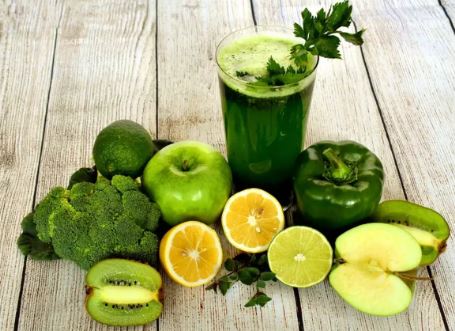
Pros:
- Rapid weight loss:
- Many people report losing several pounds in just a few days on a detox diet.
- Improved digestion:
- By cutting out processed foods and sugar, you’re giving your digestive system a break and allowing it to heal.
- Increased energy:
- With all the extra nutrients you’re consuming, you may notice a boost in energy levels.
- Better sleep:
- By eliminating caffeine and sugar, you may find it easier to fall asleep quickly and stay asleep for a long time.
Cons:
- Temporary weight loss:
- While you may lose several pounds on a detox diet, it’s important to note that much of this weight is likely water weight and not fat loss.
- Feeling hungry:
- With limited food options, you may find yourself feeling hungry and craving certain foods.
- Fatigue:
- Some people report feeling tired or fatigued during a detox diet, possibly due to the lack of calories or nutrients.
- Potential for nutrient deficiencies:
- With such a limited diet, it’s important to make sure you’re getting enough nutrients like protein, iron, and calcium.
Detox Diet for Constipation Relief
Constipation is a common digestive issue that can be caused by a variety of factors, including a lack of fiber and water in the diet.
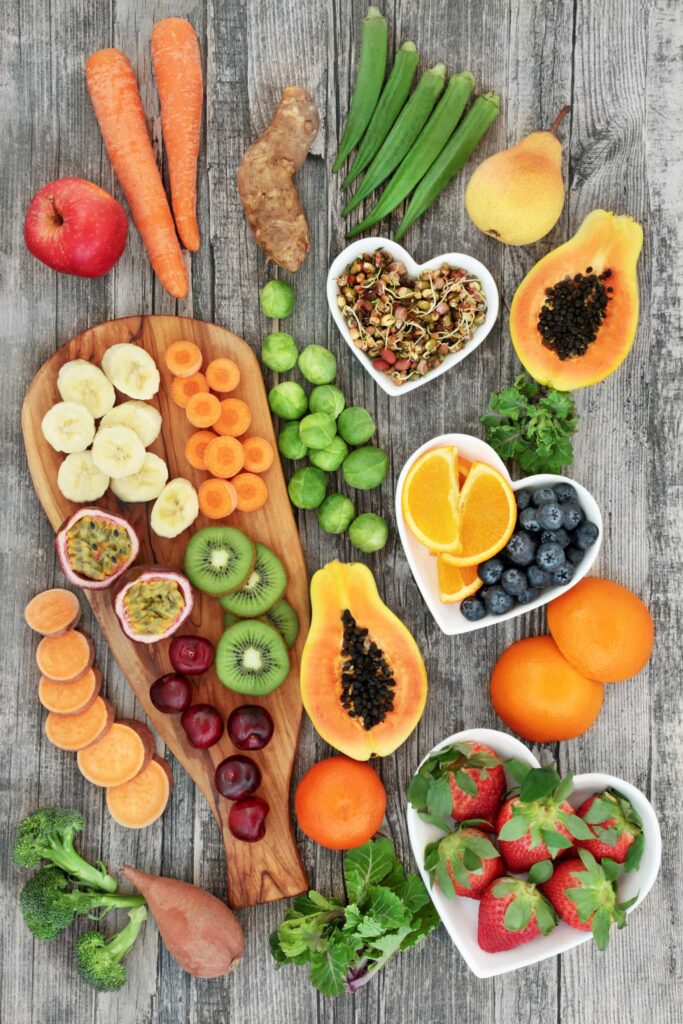
A detox diet can help relieve constipation by increasing fiber intake and promoting hydration.
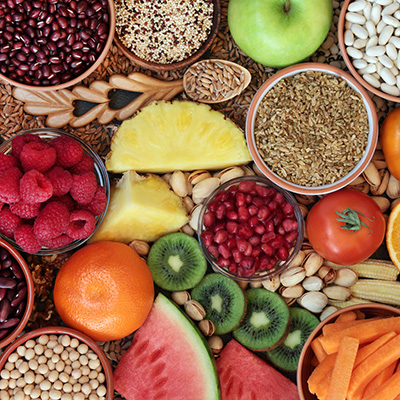
Pros:
- Increased fiber intake:
- By consuming mostly fruits and vegetables, you’ll be getting a lot of fiber, which can help regulate digestion.
- Improved hydration:
- Drinking plenty of water and consuming hydrating foods like watermelon and cucumbers can help soften stools and relieve constipation.
- Better overall gut health:
- By giving your digestive system a break and consuming nutrient-dense foods, you’re promoting a healthy gut microbiome, which can improve digestion and relieve constipation.
- Reduced bloating:
- Many people report feeling less bloated and gassy on a detox diet, possibly due to the increased fiber and hydration.
Cons:
- Possible digestive discomfort:
- While a detox diet can help relieve constipation, it can also cause digestive discomfort like gas and bloating, especially if you’re not used to consuming so much fiber.
- Potential for nutrient deficiencies:
- As mentioned earlier, a detox diet can be low in certain nutrients, which can be problematic if done for an extended period of time.
- Temporary relief:
- While a detox diet may provide temporary relief from constipation, it’s important to address the underlying causes of constipation, such as a lack of exercise or certain medications.
A General Guideline for a Detox Diet that Focuses on Both Weight Loss and Constipation Relief:
- Increase Water Intake:
- Start your day with a glass of warm water with lemon juice to aid digestion and hydration.
- Aim to drink at least 8-10 glasses of water throughout the day to keep your body hydrated and help flush out toxins.
- Include Fiber-Rich Foods:
- Fiber helps to promote regular bowel movements and relieve constipation.
- Include plenty of fruits, vegetables, whole grains, legumes, and nuts in your diet.
- Examples include berries, apples, pears, broccoli, spinach, oats, quinoa, lentils, and almonds.
- Limit Processed Foods:
- Avoid processed foods, sugary snacks, and refined carbohydrates.
- These can contribute to weight gain and digestive issues.
- Instead, focus on whole, nutrient-dense foods that support detoxification and overall health.
- Choose Lean Proteins:
- Incorporate lean protein sources such as chicken, turkey, fish, tofu, and legumes into your meals.
- Protein helps to keep you feeling full and satisfied, which can aid in weight loss.
- Reduce or Eliminate Alcohol and Caffeine:
- Both alcohol and caffeine can dehydrate the body and may contribute to constipation.
- Limit your intake of these beverages and opt for herbal teas or water instead.
- Herbal Teas:
- Drink herbal teas such as peppermint, ginger, or dandelion root tea.
- These teas can help support digestion and relieve bloating and constipation.
- Include Detoxifying Foods:
- Include foods known for their detoxifying properties, such as garlic, onions, cruciferous vegetables (e.g., broccoli, cauliflower, Brussels sprouts), and leafy greens (e.g., kale, spinach).
- Eat Healthy Fats:
- Incorporate healthy fats into your diet, such as avocados, nuts, seeds, and olive oil.
- These fats help to support cell function and promote satiety.
- Limit Salt Intake:
- Excess salt can contribute to water retention and bloating.
- Try to limit your intake of salty foods and opt for herbs and spices to flavor your meals instead.
- Regular Exercise:
- Incorporate regular physical activity into your routine to support weight loss and overall health.
- Exercise can also help stimulate bowel movements and relieve constipation.
- Practice Mindful Eating:
- Pay attention to your body’s hunger and fullness cues, and try to eat slowly and mindfully.
- This can help prevent overeating and support healthy digestion.
- Consult a Healthcare Professional:
- Before starting any new diet or detox program, especially if you have underlying health conditions or concerns, it’s important to consult with a healthcare professional or a registered dietitian to ensure it’s safe and suitable for you.
Remember that a detox diet should be viewed as a short-term reset rather than a long-term solution.
Frequently Asked Questions
Q: How often should I do a detox diet?
A: It’s generally recommended to do a detox diet no more than once a month and for no longer than 7 days at a time.
Q: Can I exercise while on a detox diet?
A: Light exercise like yoga or walking is generally fine, but it’s important to listen to your body and not push yourself too hard.
Q: Can I drink coffee on a detox diet?
A: It’s best to avoid caffeine during a detox diet, as it can interfere with the detoxification process.
In conclusion, a detox diet can be a helpful tool for weight loss and constipation relief, but it’s important to approach it with caution and listen to your body. If you’re considering a detox diet, be sure to consult with a healthcare professional to make sure it’s safe and appropriate for you.
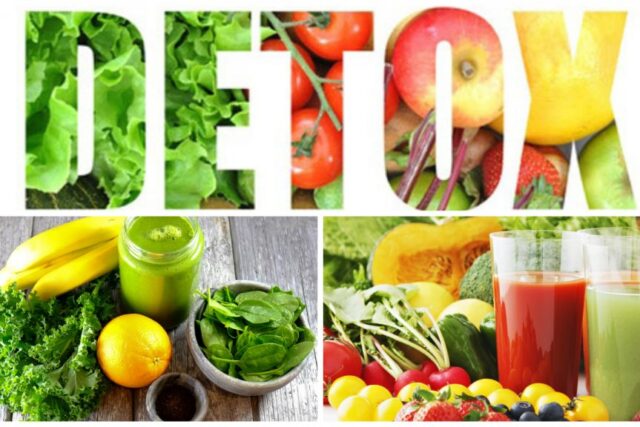


MOST COMMENTED
Animal-Based Proteins / Casein Protein / Dietary Protein / High-Protein Diets / Pea Protein / Plant-Based Proteins / Protein / Protein Deficiency / Protein Supplements / Proteins / Whey Protein / Whey Proteins
Is Protein Powder Safe for Teenagers and Children?
Animal-Based Proteins / Casein Protein / Dietary Protein / High-Protein Diets / Pea Protein / Plant-Based Proteins / Protein / Protein Deficiency / Protein Supplements / Proteins / Whey Protein / Whey Proteins
Unlock the Power of Proteins for Optimal Gut Health
Multivitamin
Total Health: Multivitamin for Active Lifestyles
Multivitamin
WellnessFusion: Complete Multivitamin Support
Dietary Supplement
Revitalize Your Health: The Magic of Red Yeast Rice Capsules
Foot care / Foot Health
Revitalize Your Foot Care Routine: Essential Tips for Optimal Foot Health
Foot Problem / Diabetics / Foot Health
Diabetics: Mastering Footwear Selection for Enhanced Foot Health and Ultimate Comfort
Exercises and Footwear Tips for Hammertoe Relief / Foot care / Foot Health / Foot Pain / Foot Problem / Hammertoes
Unlock Effective Exercises and Footwear Tips for Hammertoe Relief
Hammertoes / Foot Health / Foot Pain / Foot Problem
Unlock Relief: Essential Guide to Hammertoes Causes, Symptoms, and Treatments
Foot Problem / Foot Health
Revolutionize Your Recovery: Natural Remedies for Plantar Fasciitis – Fresh Home Keepers